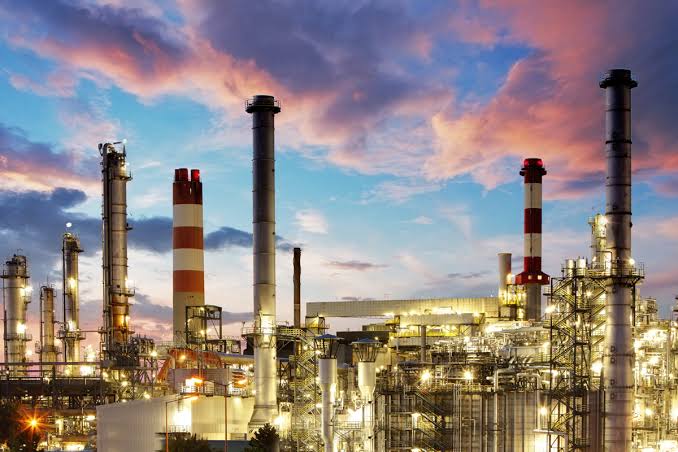Oil prices climbed in the global commodity market as the UK planned to sanction Russian fleet to increase the costs of war, accusing the operators of helping bankroll the aggressor.
Market prices were also buoyed by reports of significant progress in trade negotiations between the US and China aimed at easing long standing tariff and economic tensions.
Brent crude increased by around 1.34%, trading at $64.61 per barrel. The US benchmark West Texas Intermediate rose by about 1.41%, reaching $61.57 per barrel, compared to its prior session close of $60.71.
China’s Vice Premier for Economic Affairs, He Lifeng, stated that ‘substantive progress’ was achieved during trade talks held in Switzerland with US Treasury Secretary Scott Bessent.
He said both sides had agreed to establish a consultation mechanism for economic and commercial matters, a move he described as a major step towards resolving ongoing disputes through dialogue.
Emphasizing that China-US economic ties are built on mutual benefit, he reiterated Beijing’s readiness to work with Washington to overcome differences and deepen cooperation.
Bessent echoed the sentiment, describing the discussions with China as ‘productive’ and noting that meaningful progress had been made. US Trade Representative Jamieson Greer went further, calling the talks ‘very constructive.’
Analysts suggest that a thaw in tensions between the world’s two largest economies could ease pressure on global trade, supporting oil demand and in turn driving prices higher.
Meanwhile, market players are closely watching for the release of US inflation data due tomorrow. Last week, the US Federal Reserve (Fed) held interest rates steady, but flagged mounting uncertainty over the economic outlook in its policy statement, citing rising risks of both higher inflation and unemployment.
Economists say the upcoming inflation figures could offer clearer insight into the trajectory of the US economy.
A stronger than expected rise in inflation could prompt the Fed to pause planned interest rate cuts, a scenario that may weigh on oil prices in the near term.
The UK government is preparing to impose fresh sanctions on a fleet of Russian oil tankers, according to a statement by 10 Downing Street on Thursday.
Up to 100 vessels are set to face new restrictions, with Downing Street saying that the tankers have transported more than £18 billion ($24 billion) worth of cargo since the start of 2024.
The move will be officially announced by Prime Minister Sir Keir Starmer during a summit of north European leaders known as the Joint Expeditionary Force (JEF) in Oslo.
According to Downing Street, the shadow fleet has “bankrolled the Kremlin’s illegal war in Ukraine” and is believed to include ships that are “decrepit and dangerous”, with some being blamed for “reckless seafaring.”
These concerns follow recent reports of damage to a major undersea cable in the Baltic Sea. Under the new measures, the sanctioned ships will be banned from entering British ports and may be detained if found in UK waters.
Starmer stressed the broader implications of the action, stating, “Every step that increases pressure on Moscow and works towards peace for Ukraine is another step towards security and prosperity in the UK.”
The JEF comprises 10 northern European nations, including Denmark, Norway, and the Netherlands. The group, which serves as a defense coalition, is also expected to announce additional support for Ukraine at the Oslo summit.
Marketforcesafrica








